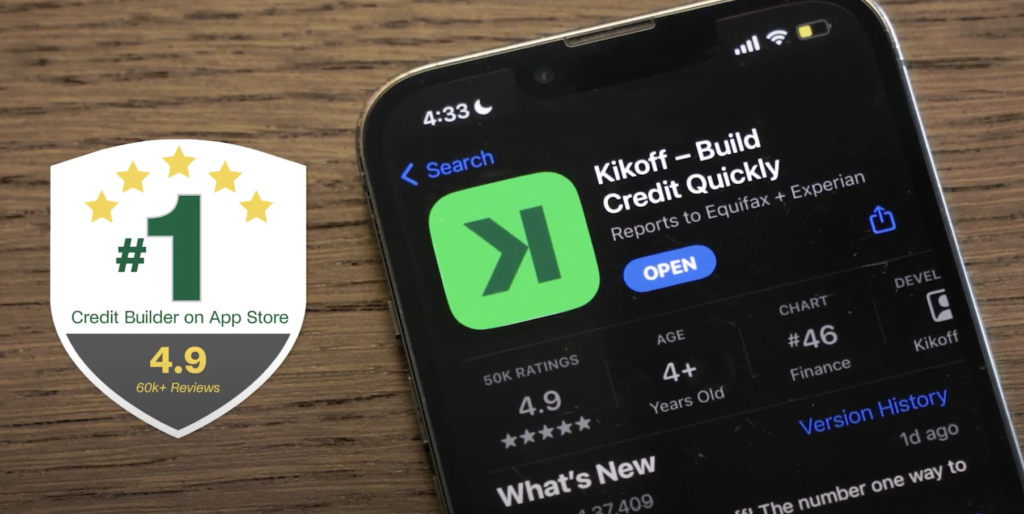What does it even mean to be “Credit Invisible”?
Being credit invisible means that you have no credit history with one of the 3 nationwide credit reporting companies: Experian, Equifax, and TransUnion. In the U.S., 26 million consumers fall into the “credit invisible” category.
Is it a bad thing to be credit invisible?
You may have heard before that having no credit is better than having bad credit. While this was derived from the fact that building credit from scratch is easier than rebuilding credit, it’s no reason to shy away from building credit at all. Having no credit could bar you from advantageous financial opportunities such as lower interest rates and more loan approvals.
Impact of having no credit history
Your credit score could impact your ability to:
- Rent an apartment
- Get a cell phone without a deposit
- Get approved for a loan
- Get a job — many people don’t realize employers run credit checks before hiring
Be better prepared in a financial emergency
Having a well established credit history can help you withstand financial emergencies. In emergency situations that would require you to borrow money, you may be turned away due to your lack of credit history. The lack of options available would force those with no credit history to look towards higher cost options.
Look more into the impact of credit invisibility with this 2016 CFPB report.
What can I do if I’m credit invisible?
Understanding how credit works puts you in a better position to build credit. Check out our blog Credit Score: The Basics to learn more. And last but definitely not least…

















